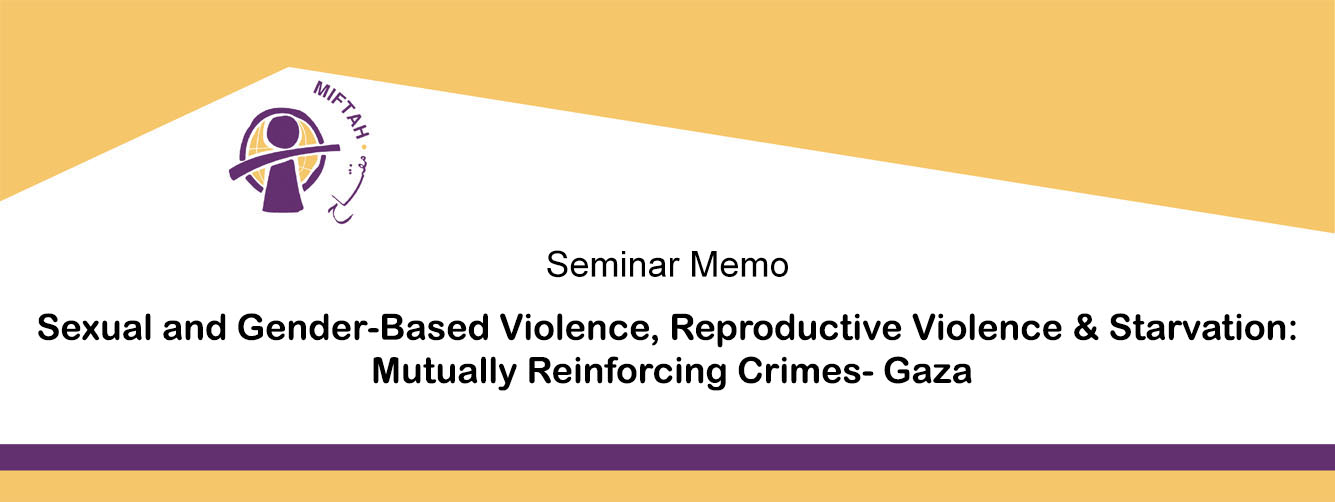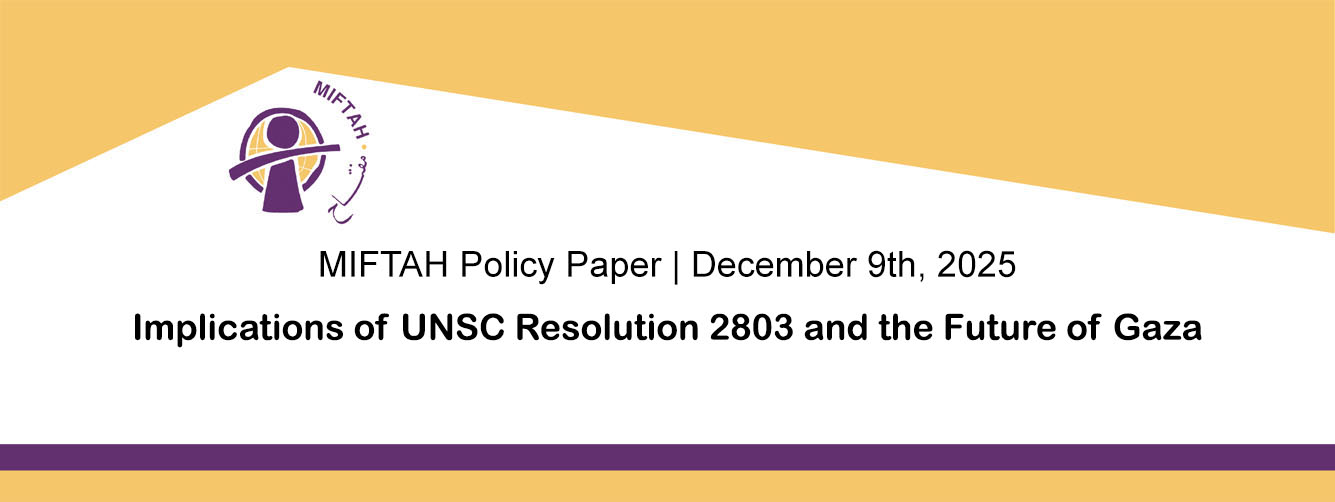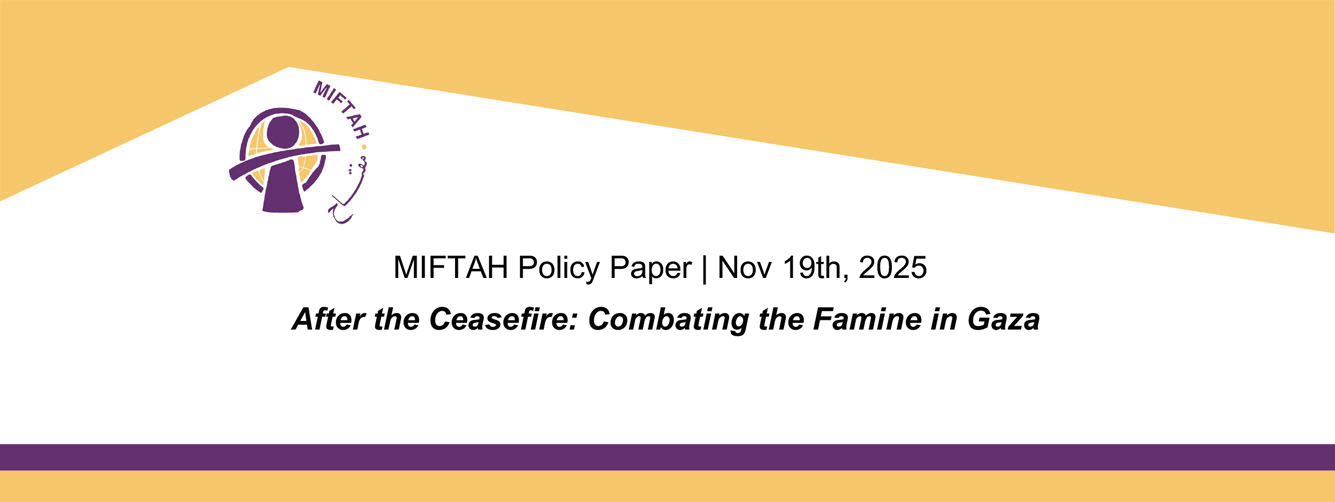Overview
In the weeks since Yasir Arafat's death on 11 November 2004, the Palestinian leadership has undergone a surprisingly smooth and orderly transition. Israeli-Palestinian as well as Palestinian-Arab and Arab-Israeli relations are witnessing levels of cooperation and coordination not seen in years.[1] International efforts to jumpstart the peace process are visible once again, with those previously debating whether attempts should be made to defuse the ongoing crisis now discussing how best to do so. Still, the extent to which these dynamics present an opportunity for peace remain uncertain and will depend on whether visible efforts to rejuvenate Palestinian institutions are accompanied by renewed commitment to repairing Israeli-Palestinian relations and moving toward a viable, comprehensive peace.
Timing and sequencing will be key. All relevant parties -- Palestinian, Israeli, American, Arab and European -- are in agreement that the transition process and the reconstruction of Palestinian institutions is a priority; the immediate focus, therefore, naturally is on the 9 January presidential election. The Palestinian decision to conduct this poll within the 60 days prescribed by Palestinian Authority (PA) legislation and associated commitments and Israel's assurance that it will facilitate the event represent hopeful starts.[2] But, President Bush's statement notwithstanding, the "heart of the matter" is not nor has it ever been Palestinian reform. Defects in Palestinian democracy (by almost every measure less significant than in every other Arab country) did not cause the Israeli-Palestinian conflict any more than addressing them will resolve it. While international support for Palestinian reform is welcome, it ought not come at the detriment of simultaneous moves on the political front, lest the new Palestinian leadership rapidly lose whatever legitimacy elections will bring.
There is, in other words, a danger of excessive complacency generated by the current harmony. That the relative calm and goodwill is vulnerable already is evident in the mounting toll of Palestinian and Israeli casualties, which could yet imperil the electoral process.[3] It will prove transient if efforts to embed it within a clear and defined political horizon accompanied by concrete changes on the ground are not actively pursued.
The challenges posed by the Palestinian transition can be grouped into several categories:
- The new Palestinian leadership will have to earn its legitimacy from the Palestinian people. Given the weak and discredited nature of Palestinian Authority (PA) institutions, the presidential poll is necessary but insufficient. Local elections, scheduled to begin on 23 December 2004 in several West Bank locations, and legislative elections, expected to be announced for mid-2005, are no less important. These will need to conducted with the participation of the opposition and be free of violence and obstruction.[4]
- The new leadership will not be able to operate without the support of the Palestinian political system and will, therefore, need to revitalise it in order to lead. In addition to the above elections, this means conducting internal primaries within the dominant Palestinian National Liberation Movement (Fatah) to choose delegates to its sixth General Congress scheduled for 4 August 2005, and the latter's election of a new and more representative leadership. In addition, it entails intensified efforts to incorporate the Islamic Resistance Movement (Hamas) and Palestinian Islamic Jihad (PIJ) into the Palestinian political system -- ideally through the institutions of the Palestine Liberation Organisation (PLO) -- on the basis of a strategic consensus that is consistent with a negotiated two-state settlement and a mutual cessation of attacks against civilians, and to which its adherents are held accountable.
- Democratic and organisational legitimacy will not absolve the new leadership of the requirement to deliver results; as a Palestinian observer explained: "in our system, elections confirm legitimacy, they don't create it. Abu Mazen was selected because of his institutional status, and, if elected, he will last because of his achievements. Elections are just one part of this equation".[5] Rapid and tangible progress will be expected in terms of law and order as well as economic well-being, as will concrete evidence of a halt to further settlement expansion, Israel's release of prisoners, loosening of Israeli restrictions on movement and a credible diplomatic process. How the Gaza disengagement initiative is implemented in 2005, and what follows it, will be a critical test in this regard. Of course, none of this will be sustainable without a mutual and visible reduction in violence.
- The international community's approach should proceed from the premise that a successful transition, end of the violent confrontation, changes on the ground and revival of the peace process are organically linked rather than issues that can be sequentially and separately addressed. If progress is held up on any of these fronts, the likelihood is that none will be satisfactorily achieved.
As preparations for the January 2005 election demonstrate, the current environment is one in which Palestinians must lead if the transition is to succeed. But they cannot do so unless enabled by Israel and the international community. After four years of conflict there are too many factors beyond the PA's control for it to be otherwise. The onus is upon all the parties, and particularly upon those who have proclaimed the new reality in the Middle East a fresh opportunity.






